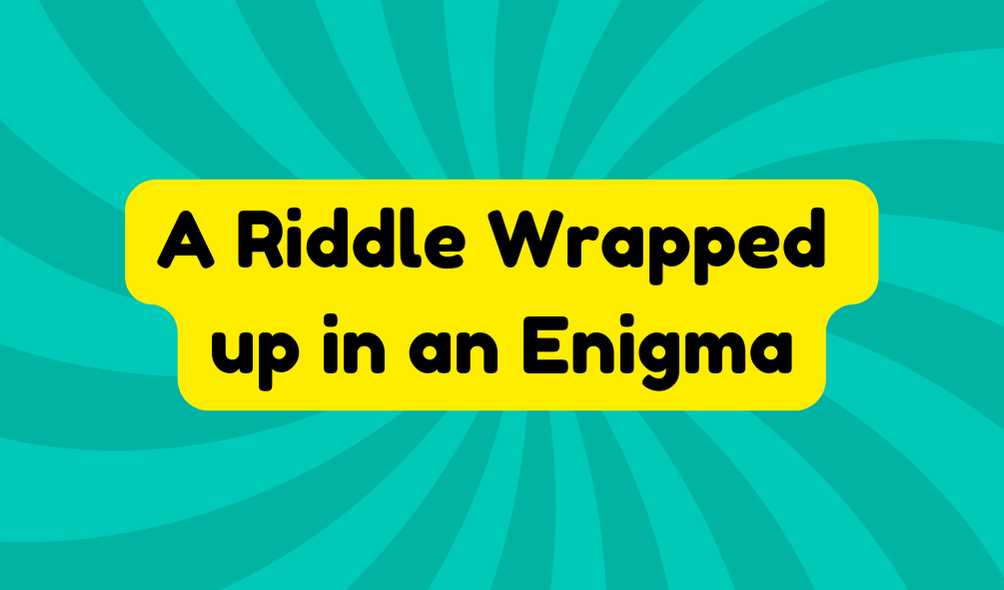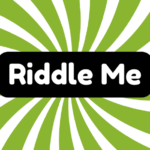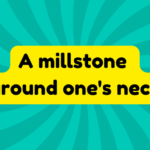"A riddle wrapped up in an enigma" refers to situations that are complex and hard to understand. This phrase illustrates the challenges of deciphering motivations, theories, or political issues, which often hide layers of meaning. First coined by Winston Churchill, it remains relevant today, capturing the difficulties faced in maneuvering contemporary problems. As society grapples with ambiguity, this phrase encourages critical thinking. There's much more to uncover about its implications and uses in modern contexts.
Synonyms
Synonyms for the phrase "a riddle wrapped up in an enigma" often attempt to convey a similar sense of complexity and obscurity that the original expression embodies. Such alternatives reflect the nature of complex puzzles and intricate mysteries that perplex individuals. Notable synonyms include:
- A perplexing conundrum
- An intricate labyrinth
- A cryptic puzzle
- A complex quandary
- An opaque mystery
These phrases may resonate with those seeking innovation and understanding, yet their effectiveness varies. The challenge remains: to grasp the essence behind such complexity often requires more than mere words—it invites deeper exploration and critical thinking.
Example of Sentences
Complex phrases like "a riddle wrapped up in an enigma" often invite varied interpretations and creative usage in everyday language. Such phrases find their place in examples that highlight complex scenarios or difficult mysteries:
- The ancient artifact remained a riddle wrapped up in an enigma to historians.
- Her motivations for leaving the project were a riddle wrapped up in an enigma, leaving colleagues baffled.
- The scientist's theories about black holes seem like a riddle wrapped up in an enigma for many students.
- The political landscape appeared as a riddle wrapped up in an enigma, challenging analysts continuously.
- His cryptic message was a riddle wrapped up in an enigma that sparked lively debates.
Origin
The origins of the phrase "a riddle wrapped up in an enigma" can be traced back to a notable quotation by Sir Winston Churchill. Delivered during a radio broadcast in October 1939, Churchill's words arose from the historical context of Russia's unpredictable behavior. This phrase encapsulates complexity and obscurity, reflecting cultural significance as it resonates in political discourse and beyond. It invites deep analysis of convoluted situations, prompting listeners to seek clarity within obscurity. While the phrase has become iconic, its enigmatic essence serves as a reminder of the multifaceted nature of understanding, challenging assumptions and revealing deeper inquiries in conversations.
Collocations
Collocations associated with the phrase "a riddle wrapped up in an enigma" highlight its intricate nature and frequent use in a range of discussions. Such phrases often underscore the complexity of a mystery puzzle or a complex situation, drawing attention to numerous facets of understanding.
- Beneath the surface
- Intricate web of meanings
- Layers of complexity
- Explore the unknown
- Unravel hidden truths
These collocations enrich the phrase's evocative power, embodying the exploration of challenging concepts. Readers are invited to ponder these expressions, often finding clarity within the convoluted frameworks where innovation thrives amid disguise and perplexity.
How to Use in Everyday Language
Using the phrase "a riddle wrapped up in an enigma" in everyday conversations can appear challenging due to its layered meanings and complex nature. However, embracing this phrase can enhance communication strategies by acknowledging everyday complexity. Individuals might use it to describe bewildering situations, such as complicated project updates or unclear instructions. For instance, stating that a new policy is "a riddle wrapped up in an enigma" invites discussion and critical thinking. This approach not only stimulates dialogue but also encourages others to unravel the complexities involved, fostering a deeper understanding while simplifying challenging subjects.
Why Is It Still Relevant Today?
Why does the phrase "a riddle wrapped up in an enigma" continue to resonate in modern discourse? In an age grappling with complex issues, this expression captures the essence of contemporary dilemmas. From political chaos to technological challenges, today's world presents modern mysteries inviting scrutiny. The persistence of this phrase reflects humanity's ongoing struggle to decode intricacies that remain shrouded in ambiguity. As individuals seek clarity in an increasingly convoluted landscape, this linguistic artifact serves as a reminder of the depth embedded in our realities. Ultimately, it encourages critical thinking, compelling individuals to explore and unravel the complexities that define their existence.







